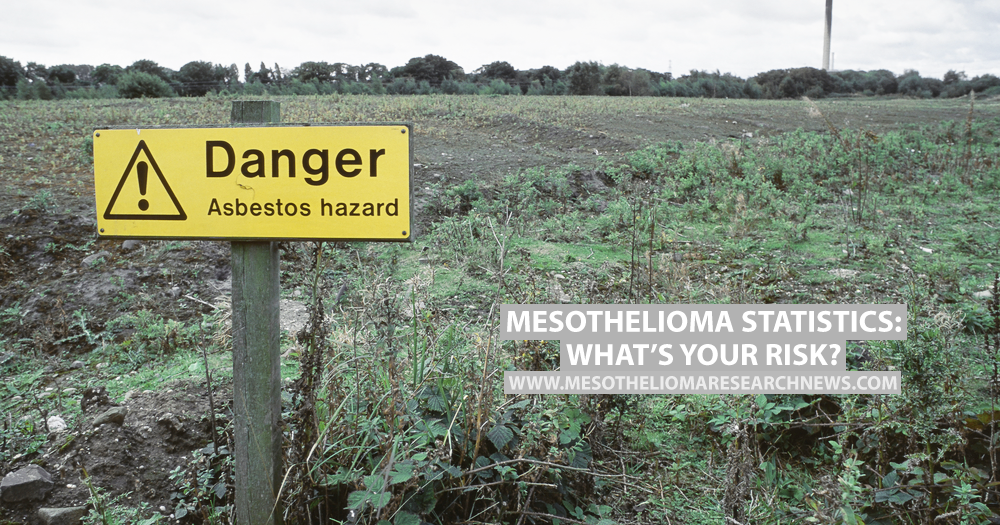Mesothelioma is a type of cancer that attacks the membrane lining around certain organs in the body. It most commonly affects the lungs and stomach, but in rarer cases, can affect the heart and testes.
MORE: Seven possible complications of mesothelioma
The majority of mesothelioma cases (80 percent) can be directly linked to exposure to asbestos, but other causes include radiation from X-rays, polio vaccines, and exposure to another toxic material, zeolites.
Of the four different types of mesothelioma, lung or pleural mesothelioma is the most common and accounts for 70 percent to 90 percent of cases; stomach or peritoneal mesothelioma accounts for 10 percent to 30 percent of cases; heart or pericardial mesothelioma is much rarer accounting for around 1 percent of cases; and rarer still, testicular mesothelioma accounts for less than 1 percent of cases.
It’s estimated that between 2 percent and 10 percent of people who were exposed to asbestos at some point in their lives will go on to develop pleural mesothelioma.
The National Institute of Health (NIH) estimates that approximately 11 million people were exposed to the deadly material between 1940 and 1978. Even though there’s a ban on the general use of asbestos, it’s believed that 10,000 people are still being exposed to the substance each year in the U.S. (This means approximately 20 million people are still at risk of developing mesothelioma later in life.)
There are some professions where asbestos exposure was more likely, including construction workers, asbestos miners, plumbers, car mechanics, and military personnel. Anyone working in these areas has a significantly increased risk of developing mesothelioma. However, exposure can also come from the environment through rundown buildings and exposure to products made from asbestos.
Often people with mesothelioma show no signs of the disease until much later in life. It can take between 20 and 50 years for the symptoms of the disease to present. Find out more about the statistics of mesothelioma here.
MORE: How to cope with depression while living with mesothelioma
Mesothelioma Research News is strictly a news and information website about the disease. It does not provide medical advice, diagnosis or treatment. This content is not intended to be a substitute for professional medical advice, diagnosis, or treatment. Always seek the advice of your physician or another qualified health provider with any questions you may have regarding a medical condition. Never disregard professional medical advice or delay in seeking it because of something you have read on this website.


